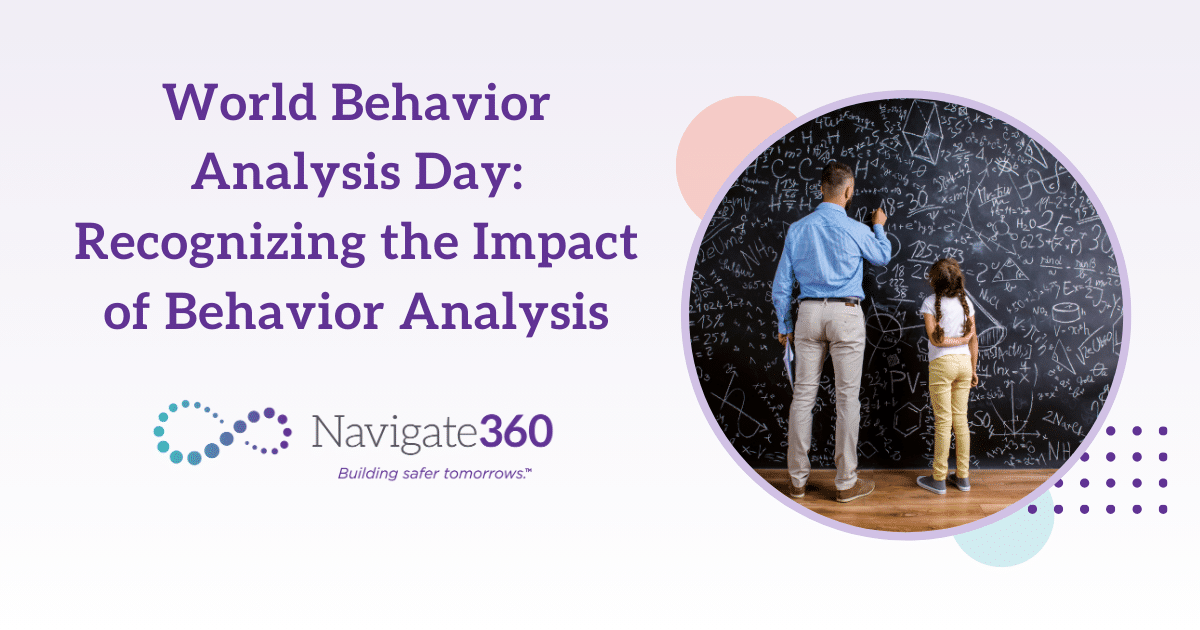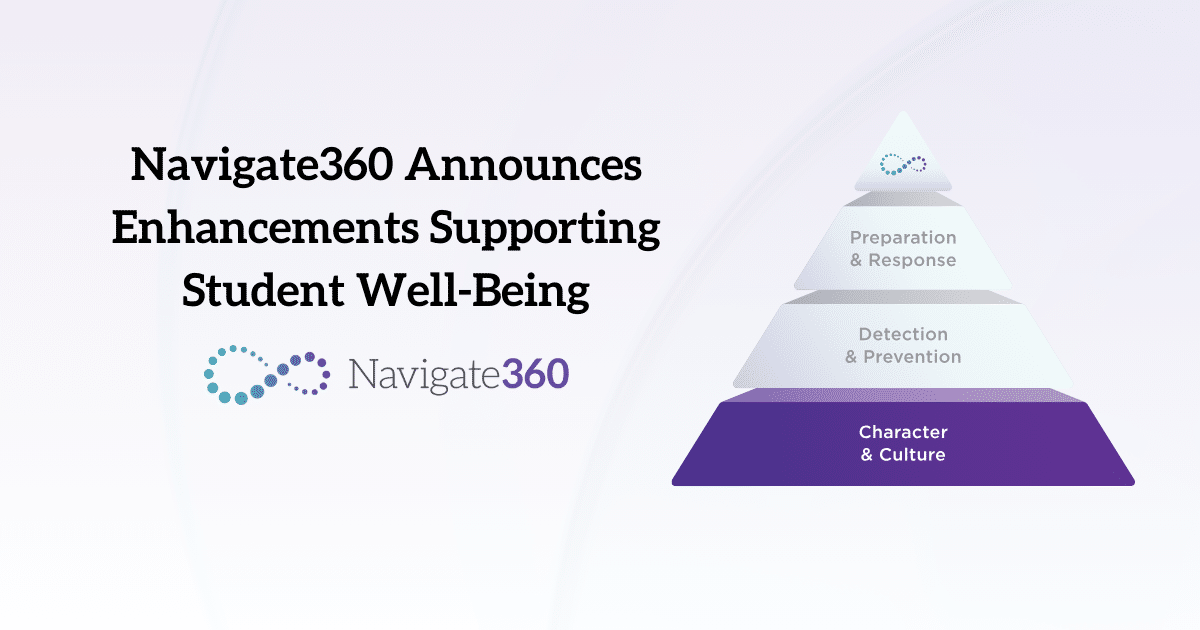Behavior analysis is a broad field with many applications, including general and special education, behavior disorders, intellectual and developmental disabilities, and autism spectrum disorders. In the educational setting, behavior analysis plays a crucial role in providing the best possible learning environment for all students. World Behavior Analysis Day is celebrated on March 20 each year, commemorating the birthdate of B.F. Skinner, the founder of contemporary behavior analysis.
This day is dedicated to acknowledging the impact of behavior analysis on understanding, shaping, and improving human behavior. Schools, in particular, play a pivotal role in this endeavor by providing an environment in which teaching practices and student support systems help to shape student behavior.
Student Behavior and School Culture
Student behavior helps to shape school culture, and in turn, school culture influences student behavior. This symbiotic relationship is not without its challenges, however. Negative behaviors, for example, can create an adversarial student culture if educators and administrators respond punitively. Discipline without the opportunity to learn from behavioral missteps pushes students to escalate negative behaviors as time goes by.
World Behavior Analysis Day encourages schools and educators to acknowledge the impact of behavior analysis on understanding, shaping, and improving student behavior. The celebration of this important process can include student engagement in activities that help them understand the role of consequences in shaping behavior. Commonly known as social-emotional learning (SEL), this character education helps to emphasize the importance of self-monitoring and self-regulation skills.
World Behavior Analysis Day: Educator Influence on Student Behavior
Because behavior analysis is often in the realm of school counselors and school psychologists, it’s important to acknowledge the role teachers play in the shaping of student behavior, as well. Teachers can use this celebration to highlight the importance of positive reinforcement, behavior modification techniques, and data-driven decisions in the formation of positive student behavior.
In addition to social-emotional learning in the classroom, teachers also have another powerful tool in their toolbox to influence positive behavior. Positive Behavior Interventions and Supports, or PBIS, enables teachers to recognize and encourage positive behaviors in the school setting. When combined, SEL and PBIS together help to ensure the end goals of behavior analysis – shaping and improving behavior.
Boosting Behavior Analysis With Navigate360 Behavior Intervention
The analysis of behavior is only half of the equation. While schools worldwide recognize and celebrate World Behavior Analysis Day, behavior analysis is merely the first step in building positive school climate. Behavior intervention allows individuals to build positive behaviors that benefit not only themselves, but schools and society at large.
Navigate360 Behavior Intervention enables schools to provide students with the tools to learn from their behavioral missteps. The scaffolded curriculum provides the largest library of digital behavior intervention lessons available. These lessons are age-appropriate and align with MTSS tiers of instruction, integrating with a school or district’s existing discipline matrix.
As part of Navigate360’s Zero Incident Framework, our behavior intervention solution helps schools to establish a solid foundation of behavioral instruction. Navigate360 offers a layered, holistic safety and well-being platform, redefining the concept of “safe” to include not only physical security but also emotional well-being of everyone in the school community. We’d love to tell you more – contact us today!




